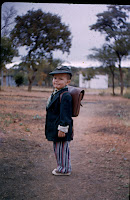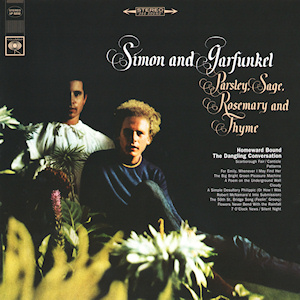I had not intended to publish a manifesto today, or any day for that matter, but this post at brainpickings.com set me to thinking what my manifesto would be at this juncture of my existence. Before I could begin to answer that question, however, I wanted to figure out exactly what a manifesto was. I was familiar with the word, but in a sort of cultural sense. I wanted more specificity. I found this from the Online Etymological Dictionary:
manifesto
1644, from It. manifesto “public declaration explaining past actions and announcing the motive for forthcoming ones,” originally “proof,” from L. manifestus (see manifest).
I then went in search of personal manifestos and found several here. I offer some of the highlights. Frank Lloyd Wright wrote a list of “fellowship assets” for his apprentices:
- An honest go in a healthy body.
- An eye to see nature.
- A heart for nature.
- Courage to follow nature.
- The sense of proportion (humor).
- Appreciation of idea as work and work as idea.
- Fertility of imagination.
- Capacity for faith and rebellion.
- Disregard for commonplace (inorganic) elegance.
- Instinctive cooperation.
John Maeda, the president of the Rhode Island School of Design offers ten laws for business, design, and life.
1. Reduce: The simplest way to achieve simplicity is through thoughtful reduction.
2. Organize: Organization makes a system of many appear fewer.
3. Time: Savings in time feel like simplicity.
4. Learn. Knowledge makes everything simpler.
5. Differences: Simplicity and complexity need each other.
6. Context: What lies in the periphery of simplicity is definitely not peripheral.
7. Emotion: More emotions are better than less.
8. Trust: In simplicity we trust.
9. Failure: Some things can never be made simple.
10. The One: Simplicity is about subtracting the obvious, and adding the meaningful.
Leo Tolstoy had some interesting ideas which included:
Have a goal for your whole life, a goal for one section of your life, a goal for a shorter period and a goal for the year; a goal for every month, a goal for every week, a goal for every day, a goal for every hour and for every minute, and sacrifice the lesser goal to the greater.
I have spent the last week working on what I am calling “The Double Nickel Manifesto.” I am happy to admit that every item represents something borrowed and learned from someone else. After all, originality, as one of my preaching professors used to say, is simply knowing how to hide your sources. The point of life is not to be self-sufficient. Thanks to everyone who has contributed. I also imagine this to be a work in progress. Maybe I’ll have a “Five and Dime Manifesto” when sixty rolls around.
The Double Nickel Manifesto.
Laugh a lot.
Walk a lot.
Look for every way you can to let people know you love them.
Try new things.Practice old things.
Be honest and truthful.
Don’t hang on to anger.
Learn about the world and inform your compassion.
Be kind because everyone is fighting a great battle.
Don’t get too comfortable.
Remember life and faith are both team sports.
Make change normal.
Fail gloriously and often.
Don’t let fear get the last word.
Talk about what hurts.
Look for ways to connect.
Live like there are no discards.
Do justice, love mercy, walk humbly with God.
Fall in love with a Schnauzer.
Marry out of your league.
Make music.
Be a regular somewhere.
Write it down.
Be thankful.
Make a memory out of every meal.
Don’t eat alone.
Peace,
Milton




